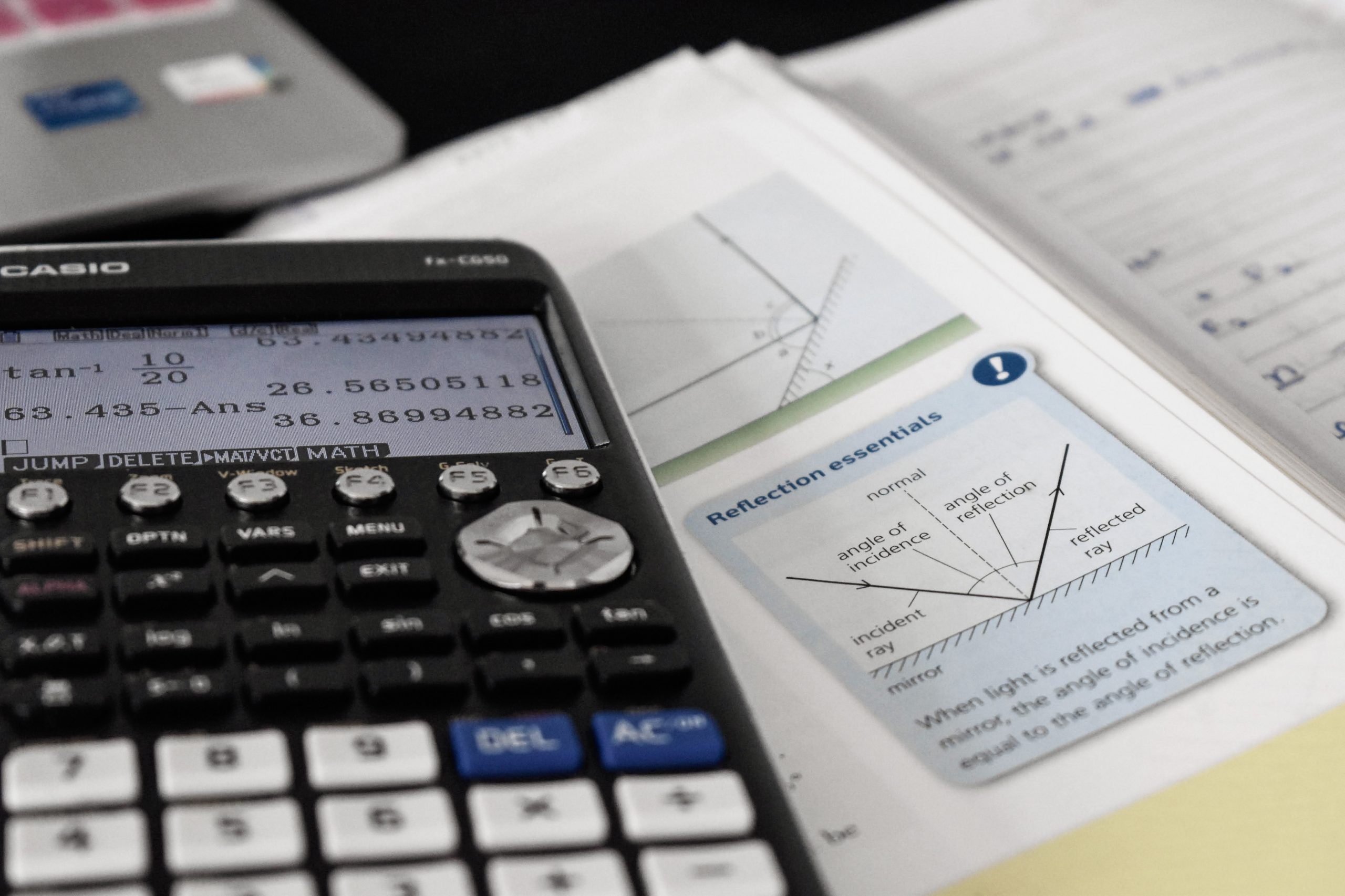
Low Math Scores in the High School Classroom
Low Math Scores in the High School Classroom
Post-pandemic, students have finally returned to the classroom. And parents want to ensure their children are up to grade level with the curriculum. Monitoring your child’s academics isn’t always easy. Parents can’t always know what’s happening in the classroom. So what happens when your child isn’t keeping up? And how has the pandemic impacted learning outcomes in the post-Covid classroom?
1. Math scores have dropped post-pandemic in the U.S.
The National Assessment of Educational Progress (NAEP), better known as The Nation’s Report Card, is the largest national organization that assesses student knowledge in public and private schools in the U.S.
According to the NAEP (National Assessment of Educational Progress), in 2022 math levels for eighth-graders have dropped from 34% from 27% nationwide. Fourth graders also saw a decline in math scores by 5 points on NAEP’s national 500-point scale.
2. Math scores saw significant declines in New Jersey
The NAEP assessment paints a more troubling picture of education in the State of New Jersey where test scores were rated some of the lowest in the U.S. According to the NAEP, New Jersey math scores for eighth-graders dropped by 11 points between 2019 and 2022 which is the lowest recorded math scores since 2003. New Jersey’s declines look devastating when compared with test scores in New York where eighth-grade results fell by 6 points.
3. Students are exhibiting anxiety around math
In addition to the problem of declining test scores, the resulting financial, social, and health stressors from the pandemic worsened the mental health of students. This has directly affected their academic performance and ability to learn.
Pandemic stress also exacerbated pre-existing anxieties surrounding math. As many as 1 in 5 adults in the United States experience severe math anxiety. In households where parents view math with dread, their children are likely to adopt the same mindset.
An EdWeek Research Center Study reveals 67% of U.S. teachers reported that math anxiety is a challenge for their students. These students struggle in the math classroom, and they may also avoid practicing math at home, cultivating a destructive cycle of worsening math skills but also a lack of confidence.
Why does this matter?
Low test scores limit academic progress and hinder a student’s confidence. In simple terms good grades matter because they factor into continuing education. High grades determine what college your child will attend.
Read on to find out how MEK’s programs provide students with resources and guidance to help address lost learning in math!
Our Influence
At MEK Review we use our 25 years of influence to strengthen student test prep and bolster confidence by filling in the learning gaps. We’ve built our organization on the idea that traditional education isn’t enough to excel academically. Supplemental learning is a requirement, not a luxury to make academic milestones a reality. We have student statistics to back our claims.
Our Statistics for Grades 9-12
Our programs emphasize skill-building, which helps students succeed in not just their current courses but in future grades and assessment tests.
MEK’s SAT Foundation, 1400, and 1500 courses teach students test-taking skills, which are often not covered in the traditional school classroom. As a result, students better understand how to approach each SAT section and how to efficiently eliminate wrong answers for each question.
On average, our SAT students improve their score performance by at least 160 points. One-third of MEK Review’s SAT student’s scores improve by over 200 points. As a whole, the students that attend our SAT prep programs score at least 1450 or higher.
We also provide an extensive ACT program where students on average have improved their scores by 6 points. Our ACT test prep students score 34 or higher. After attending MEK Review’s ACT program we can proudly say that our students score in the 99th percentile.
How MEK improves Math Education for High Schoolers
For high school students, the pressures of maintaining a high GPA to enter a top college can further exacerbate math anxiety on top of the pandemic-induced stressors.
Here are several key ways MEK’s SAT prep, AP, and High School Honors programs help high school students build confidence in math and prepare for postsecondary success!
1.Weekly Simulation Tests to Build Test-Taking Skills
Test-taking skills are critical for high school students to develop so they can ace tough high-level courses and college admissions tests. Concept mastery does not necessarily mean the student will perform well on tests because completing homework at one’s own pace and sitting down to a timed assessment are different experiences.
In MEK’s SAT Prep program, teachers administer weekly simulation tests to students, exposing them to real test-day time pressures. Through practice, students learn how to approach each section of the exam to best budget their time.
2. Process-Oriented Approach to Math Problems
High school math courses take topics learned in middle school, such as algebra and foundation, to the next level. As equations and word problems become more complex, they require more steps to reach the answer.
MEK’s AP, High School Honors, and SAT Prep programs prioritize the process of arriving at an answer. During review sessions of tests and assignments, teachers explain the steps they take to reach the correct answer. For SAT Prep, the teachers also discuss the thought process of how students might fall into trap answers and explain how to avoid them.
3. Teachers Encourage Students to Ask Questions
The increased difficulty of High School Honors and AP courses can make it tricky for students to stay on track. In public high schools, the large class sizes and the limited amount of time to cover material can result in confused students with unanswered questions.
MEK’s AP, High School Honors, and SAT Prep programs all encourage students to ask questions throughout each class session.
4. One-on-One Meetings During Office Hours
In school, teachers may not have enough time to meet one-on-one with every student. They may prioritize meeting with students who are struggling the most.
In MEK’s AP, High School Honors, and SAT Prep programs, teachers hold office hours outside of class time to meet individually with students.
Next Steps
Post-pandemic, it is critical to help students bounce back from the learning disruptions and plummeting test scores to regain their eroded confidence in their math skills. Only when students believe in their ability to solve equations and problems will they be motivated to succeed in math classes.
If you’re looking to build your math skills, study habits, and classroom confidence, check out our AP Exam Prep, High School Honors, and SAT Test Prep Programs.
The first step is to sign up for an in-person or virtual SAT/ACT Practice Test. Upon completion, you’ll receive our signature detailed score report which breaks down your strengths and weaknesses. You’ll then be placed in the prep program which aligns with your score range.
Contact us today to get started!



